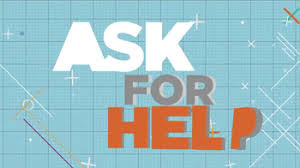I was suicidal. I nearly killed myself. I am glad I didn't do it. Because I got better.
Moral of the story: You will, too.
That's it. That's the good survivor story. Hopeful. Virtuous. I have told that story, and when I do, I get all kinds of strokes, including publication of my writing on other websites.
Some of it is true. It did get better. For me. For now.
For now.
There is more to the story. When I tell the more, I do not get publication. I don't even get acknowledgement that my submitted piece was received. I guess I am submitting to the wrong websites, to places that have one story they want to tell, the good survivor story.
And like I said, it's true, some of it. According to
David Conroy, there are 50 million people alive today who have struggled, are struggling, or will struggle with suicide. 45 million of them will die of... something else. That's success, right? 90% of us will find another way.
But that's not the same as the good survivor story. Because for the 45,000,000 of us who survive, we have all kinds of stories.




























